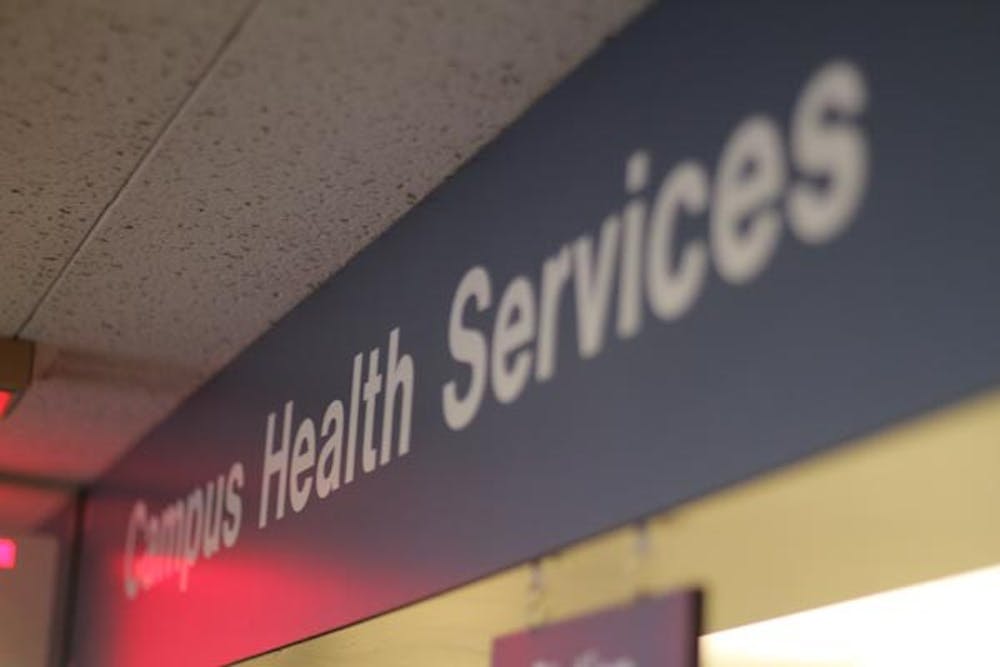ASU Health Services offers students a less expensive route to obtaining health insurance, and more students are taking advantage this year.
This year, the number of students enrolled in the two plans has increased once again, said Dr. Allan Markus, director of ASU’s Health Services.
More than 7,100 students have enrolled in the full health insurance plan this semester, while 1,200 have signed up for the supplemental plan, he said.
The number of students using the supplemental plan increased by 200 this year, Markus said.
Though the service has been around for a decade, some students might be unaware of the service.
In cooperation with Aetna, a health insurance provider, the University is hoping to enroll more students in a complete insurance plan or a plan that would supplement any existing coverage.
“We, along with NAU and UA, are able to provide … a lower cost insurance that provides comprehensive insurance for students who need it,” Markus said.
The insurance plans allow for group coverage, including spouse and children options that grant additional access to health and counseling services at ASU.
“This is true insurance,” Markus said. “It covers hospitalization, office visits, lab tests, emergency room visits and a vision plan.”
Students can enroll for the insurance on a per semester basis or annually. For the fall, the price is $612 for a single student and increases when a spouse or children are included, capping at $2,527 with options in between.
For students who only need supplemental coverage, ASU also offers another plan.
“This is a service plan where we know some people can’t afford the full insurance,” Markus said, adding that it helps students who are relatively healthy but do not want to risk ending up in the hospital without insurance, where the costs of services could escalate quickly.
“The insurance is designed to protect students from catastrophic things,” Markus said. “Even one visit to the emergency room and you can end up with thousands of dollars worth of bills from one night.”
Unfortunately, in the U.S., the people who pay the most are the uninsured, he said.
Students can enroll in the insurance plans and read more about them through their My ASU pages.
There are health service buildings on each of the University’s campuses.
The plans also give students access to an after-hours telephone service in which they can speak to a physician or nurse practitioner.
Construction management junior Dominic Styre said he typically goes without health insurance.
“Sometimes it is cheaper to go the cash route,” Styre said, suggesting that some visits are less expensive than the cost of the insurance.
For English literature junior Jennifer Hernandez, health insurance has always been the least expensive as a work benefit.
“I usually pay only a few hundred dollars a year for health insurance,” she said.
Unlike Hernandez, not all students are able to work the amount of hours to be eligible for benefits through their employers.
This year, insurance premiums have increased nationally by 5 percent in price for single coverage and 3 percent for family coverage, according to a Sept. 2 survey from the Kaiser Family Foundation and the Health Research and Educational Trust.
The average cost for single coverage health insurance is $899, the survey reported, which is a 15 percent increase from 2009.
On top of higher premiums and average costs, people can expect to pay more for co-pay visits along with higher deductibles, the survey stated.
Under current federal regulations, students insured through their parents’ benefits will no longer be covered after the age of 26.
Reach the reporter at kpatton4@asu.edu





